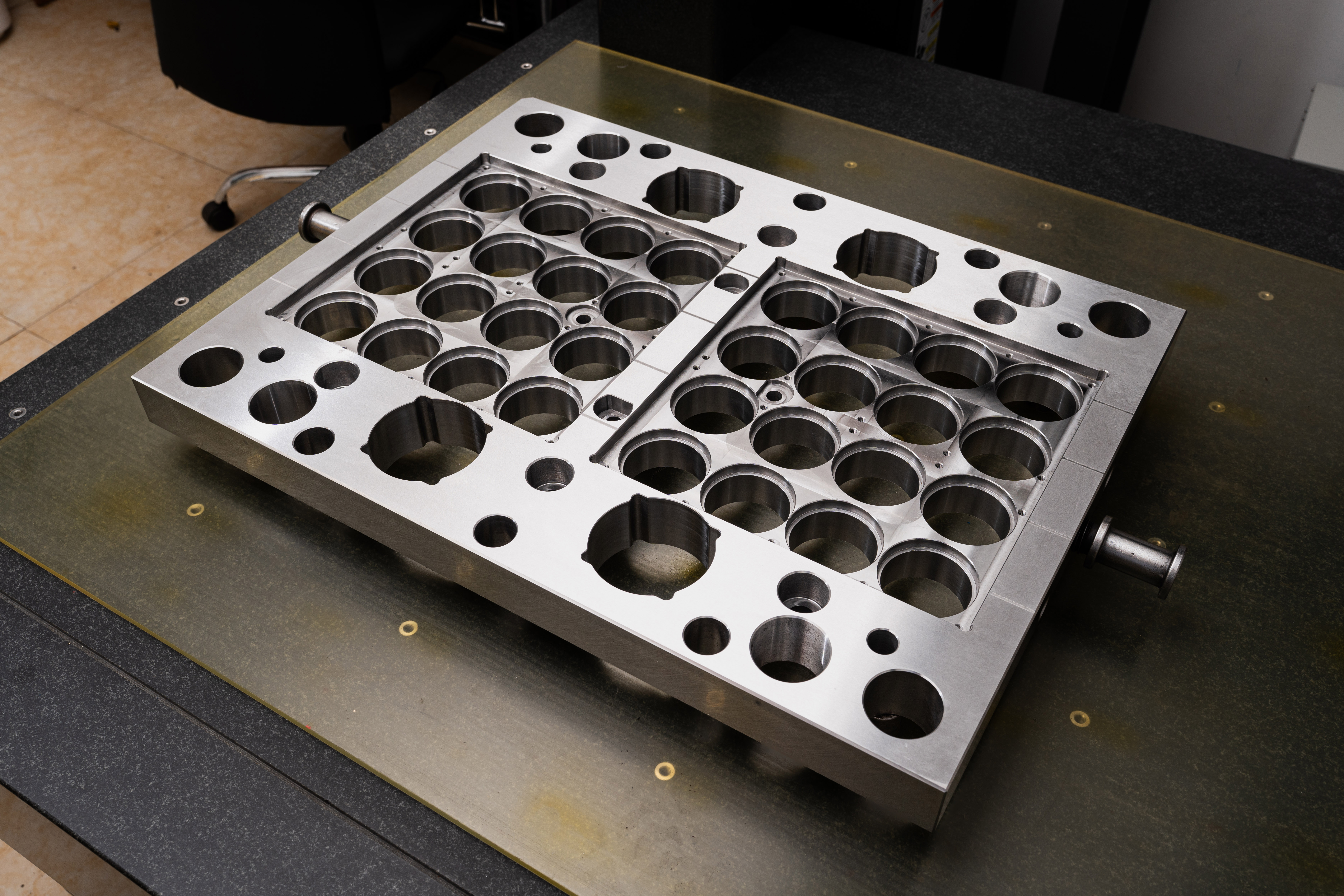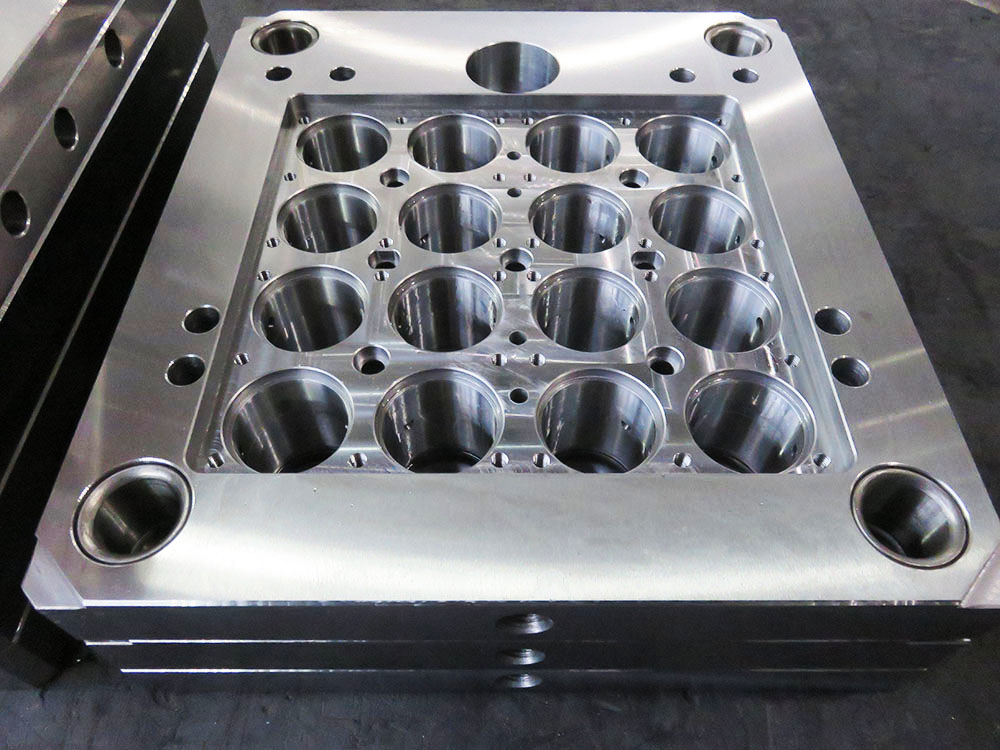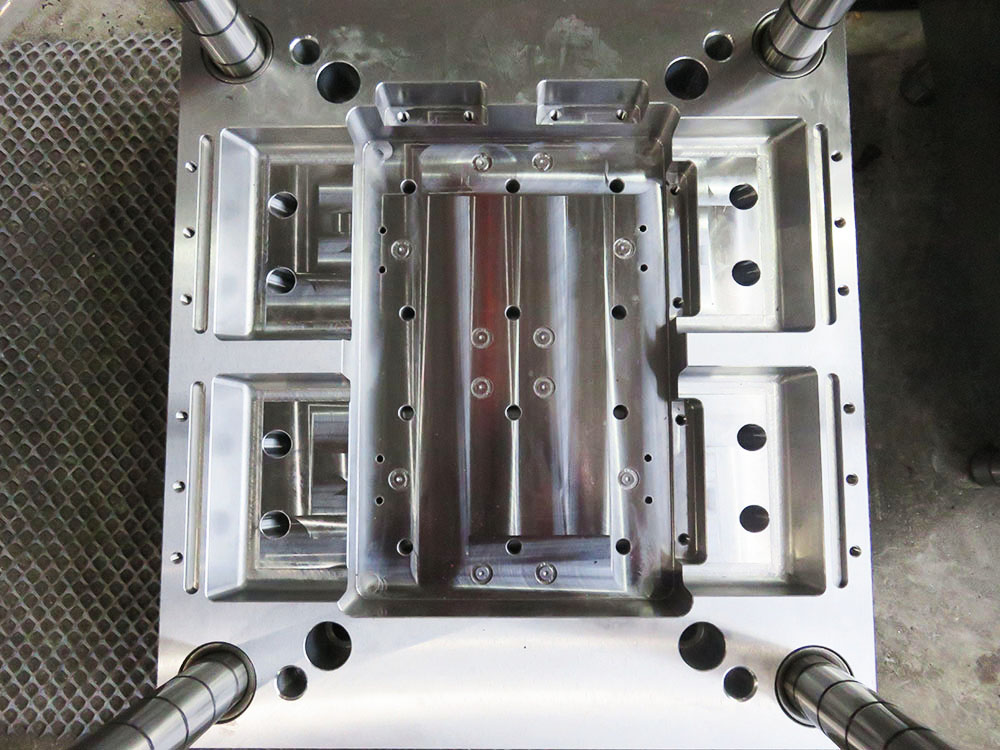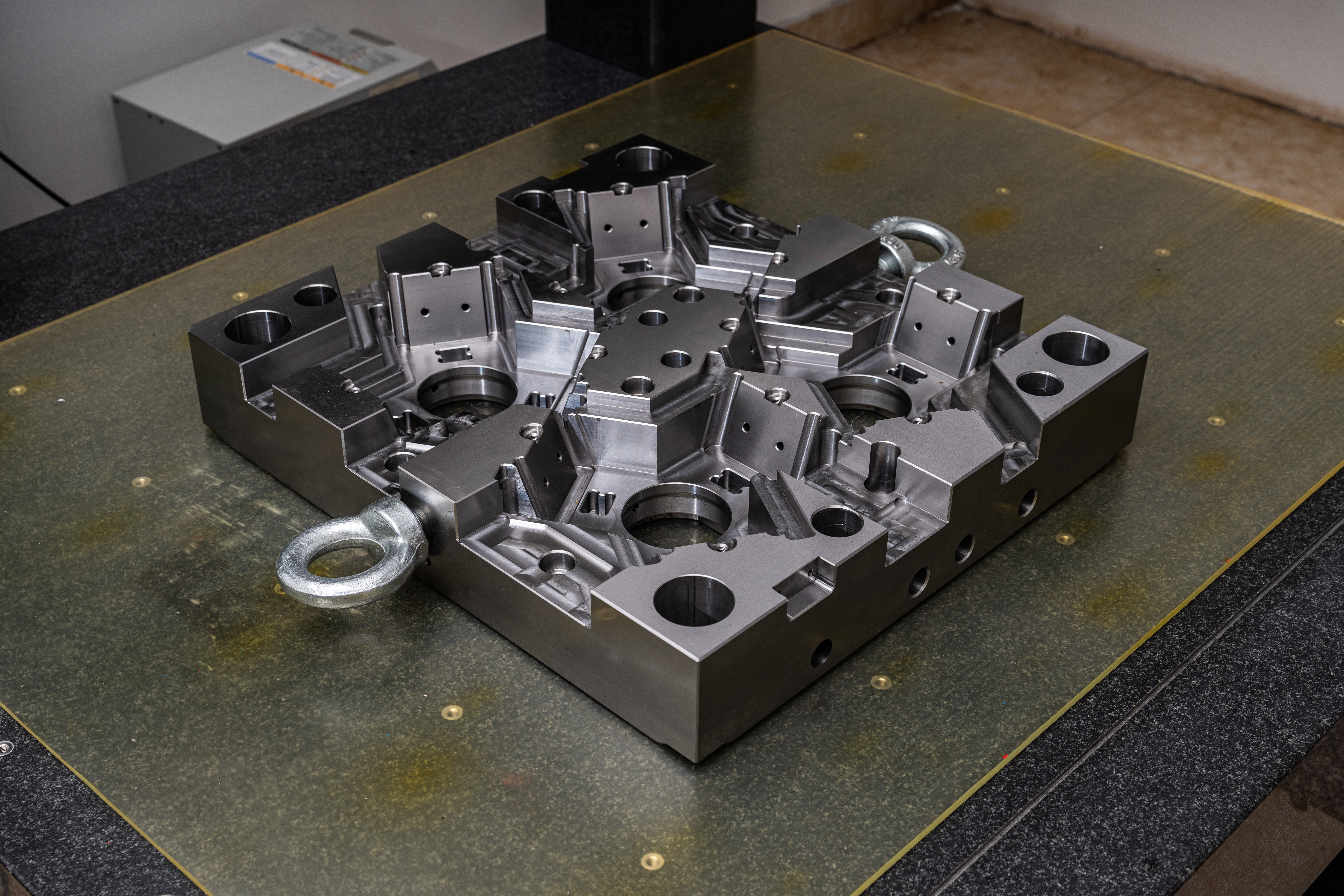The Business of Modular Construction Factories in the Mold Base Industry
Modular construction has gained significant traction in recent years as a cost-effective and efficient method of constructing buildings. As a result, modular construction factories have experienced a surge in business, particularly in the mold base industry. In this article, we will explore the current state of the business of modular construction factories in the mold base industry, discussing their advantages, challenges, and future prospects.
Advantages of Modular Construction Factories
Modular construction factories offer several advantages for the mold base industry. Firstly, they enable the prefabrication of various components required for mold bases, allowing for a streamlined and efficient manufacturing process. This results in faster production times and reduced labor costs. Moreover, modular construction factories offer controlled environments that minimize the risk of damage to the mold base components during manufacturing.
Furthermore, the use of modular construction factories allows for enhanced quality control. The standardized production processes and rigorous quality checks ensure that mold base components meet the required specifications. This results in higher customer satisfaction and reduced rework, leading to cost savings for both the manufacturer and the client.
Challenges Faced by Modular Construction Factories
Although modular construction factories offer numerous benefits, they also face certain challenges in the mold base industry. One significant challenge is the need for skilled labor. The manufacturing process in these factories requires specific knowledge and expertise, making it essential to have a trained workforce. Finding and retaining skilled labor can be a hurdle for modular construction factories.
Another challenge is the initial investment required to set up a modular construction factory. The factory infrastructure, machinery, and technology can entail substantial costs. Moreover, to remain competitive, factories must continuously invest in research and development to incorporate new technologies and improve manufacturing processes.
Future Prospects
Despite the challenges, the future prospects for modular construction factories in the mold base industry are promising. The growing demand for sustainable and energy-efficient construction methods is expected to drive the adoption of modular construction further. This will create opportunities for modular construction factories to expand their operations and cater to a larger market.
In addition, advancements in 3D printing and automation technologies hold great potential for modular construction factories. These technologies can revolutionize the manufacturing processes, reducing costs, and increasing production efficiency. By implementing these technologies, modular construction factories can stay ahead of the competition and meet the evolving needs of the mold base industry.
Conclusion
In conclusion, modular construction factories are witnessing a thriving business in the mold base industry due to their numerous advantages. Despite the challenges they face, such as the need for skilled labor and high initial investments, the future prospects for these factories are promising. With the growing demand for sustainable construction methods and the potential of advanced technologies, modular construction factories are poised to play a significant role in the mold base industry for years to come.




